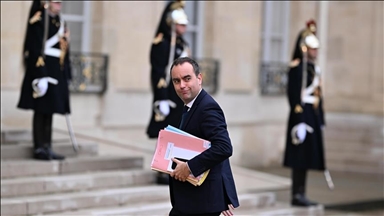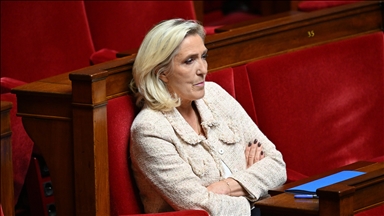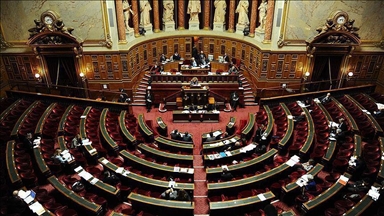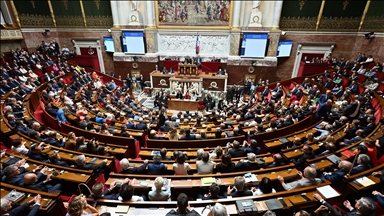Reappointed French premier's government survives 2 votes of no-confidence
Far-left LFI motion gets 271 in favor while far-right RN gets 144, both falling well short of 289-vote supermajority required to bring down government
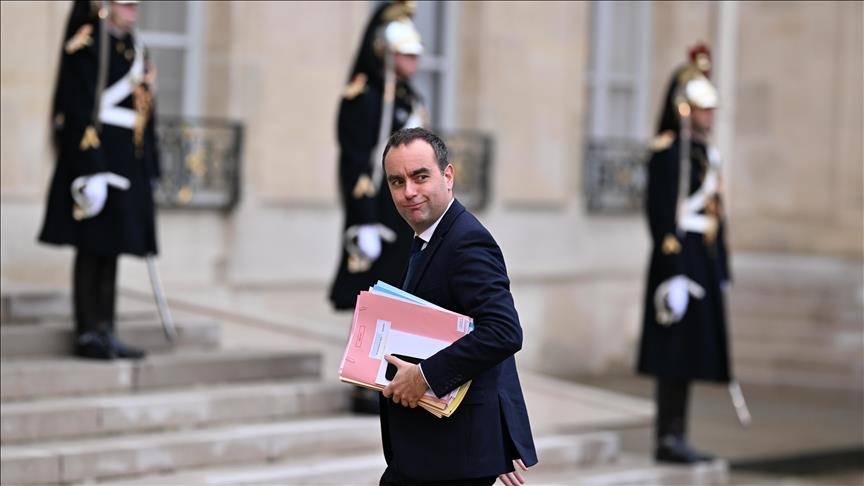
ISTANBUL
The new government of France’s reappointed Prime Minister Sebastien Lecornu survived two no-confidence votes in a row on Thursday, with both falling well short of the 289-vote supermajority required to topple a government.
The first motion failed with 271 deputies voting in favor and 18 against the no-confidence motion, leading the National Assembly to reject the motion by the far-left France Unbowed (LFI) party. The second, proposed by the far-right National Rally (RN), fared even worse, with just 144 votes against the government.
Olivier Faure, the first secretary of the Socialist Party, which has signaled they could file a separate no-confidence motion, said that they will not censure the government "as long as Parliament is respected."
The center-left party’s stance came after Lecornu announced that he would suspend implementation of controversial pension reforms until the next presidential election, responding to a key demand from the opposition left.
The pension reforms, pushed through in 2023 under then-Prime Minister Elisabeth Borne and defended by successive governments, seek to gradually raise France’s retirement age from 62 to 64, triggering one of the longest waves of strikes in decades.
Lecornu, who returned to office last week after briefly resigning amid political turmoil, told lawmakers that he would propose a bill this fall to freeze the reforms until January 2028.
Months of political turbulence
France is going through a period of government instability, marked by repeated Cabinet collapses and ongoing budget standoffs.
Prime Minister Michel Barnier’s center-right government fell last December after losing a confidence vote over the 2025 budget. His successor, Francois Bayrou, faced similar challenges when his controversial 2026 draft budget, which included plans to abolish several public holidays to save €43 billion ($50.1 billion), failed to win parliamentary approval.
Bayrou’s government lost a confidence vote this September, paving the way for President Emmanuel Macron to appoint then-Defense Minister Sebastien Lecornu as prime minister on Sept. 9, though he stepped down on Oct. 6 after less than a month in office.
Macron reappointed Lecornu on Oct. 10.
Anadolu Agency website contains only a portion of the news stories offered to subscribers in the AA News Broadcasting System (HAS), and in summarized form. Please contact us for subscription options.



